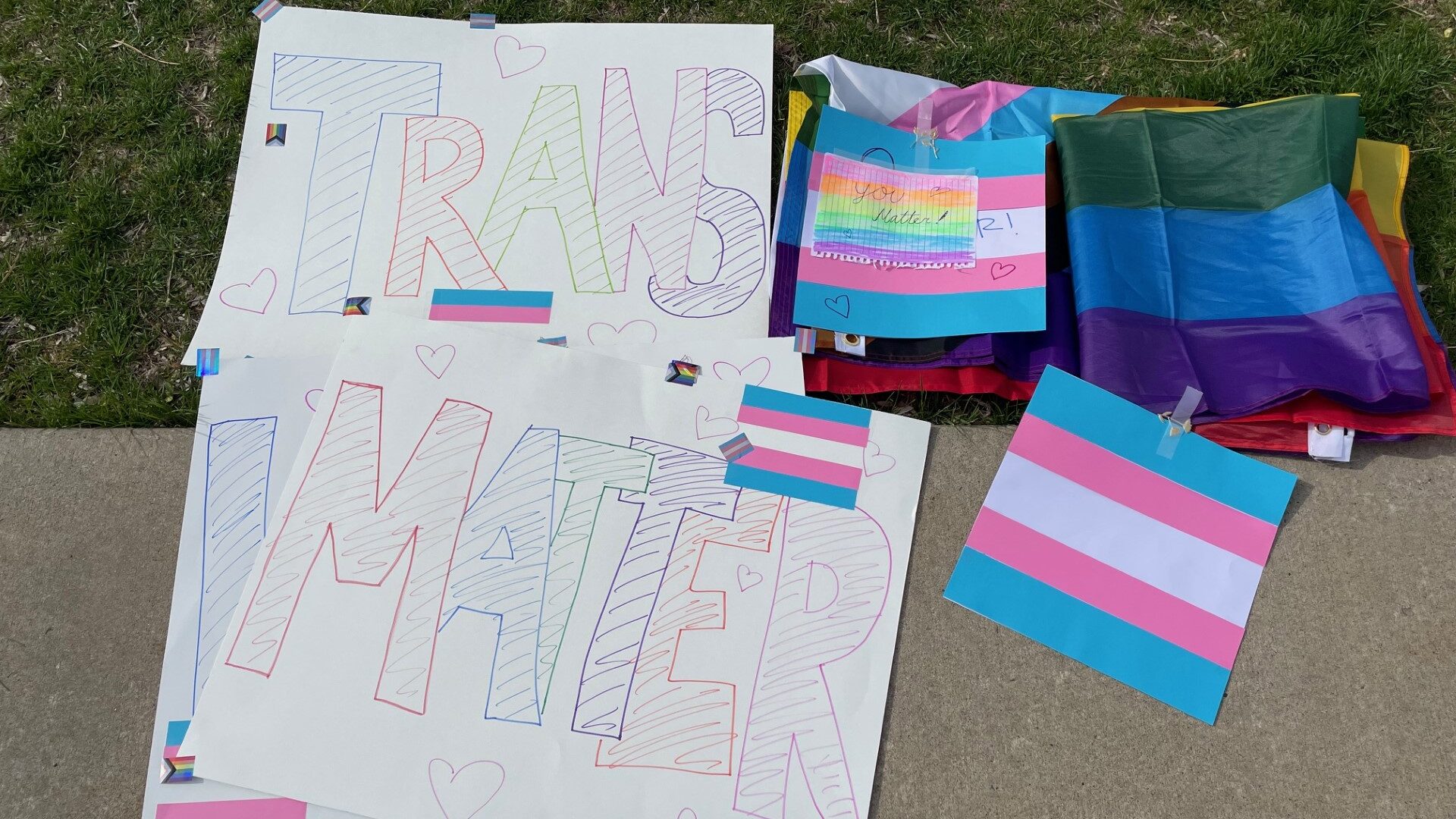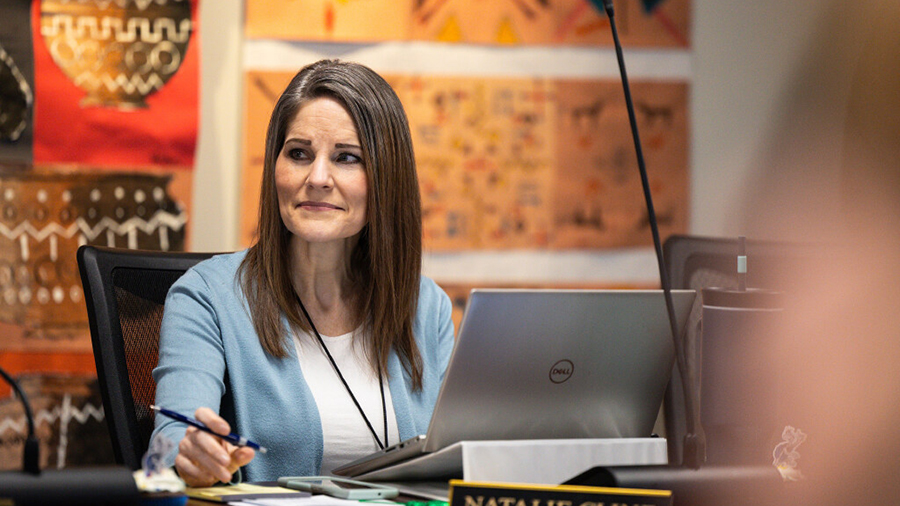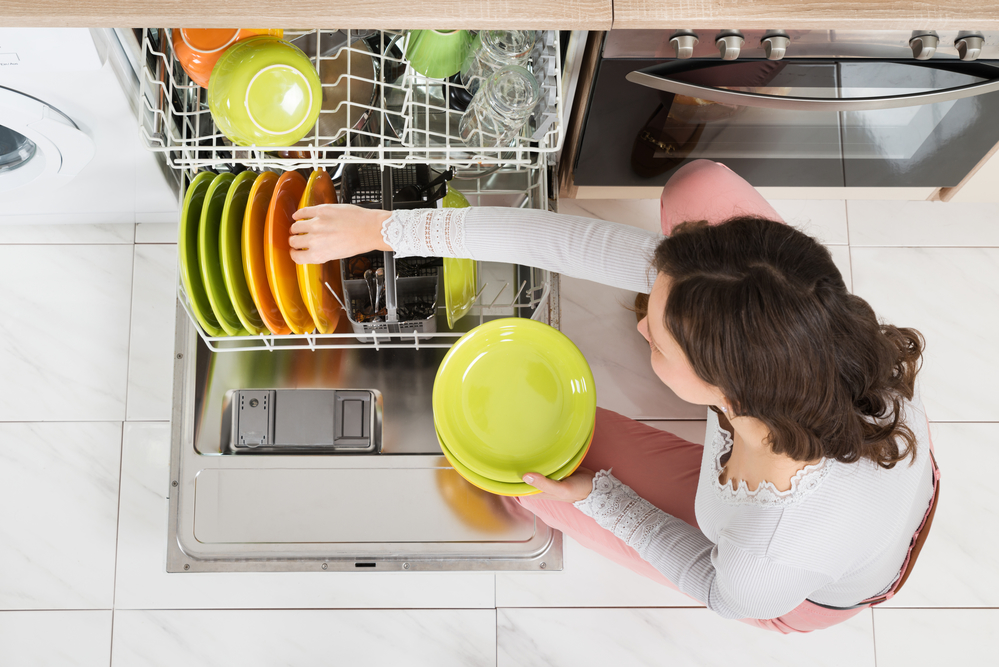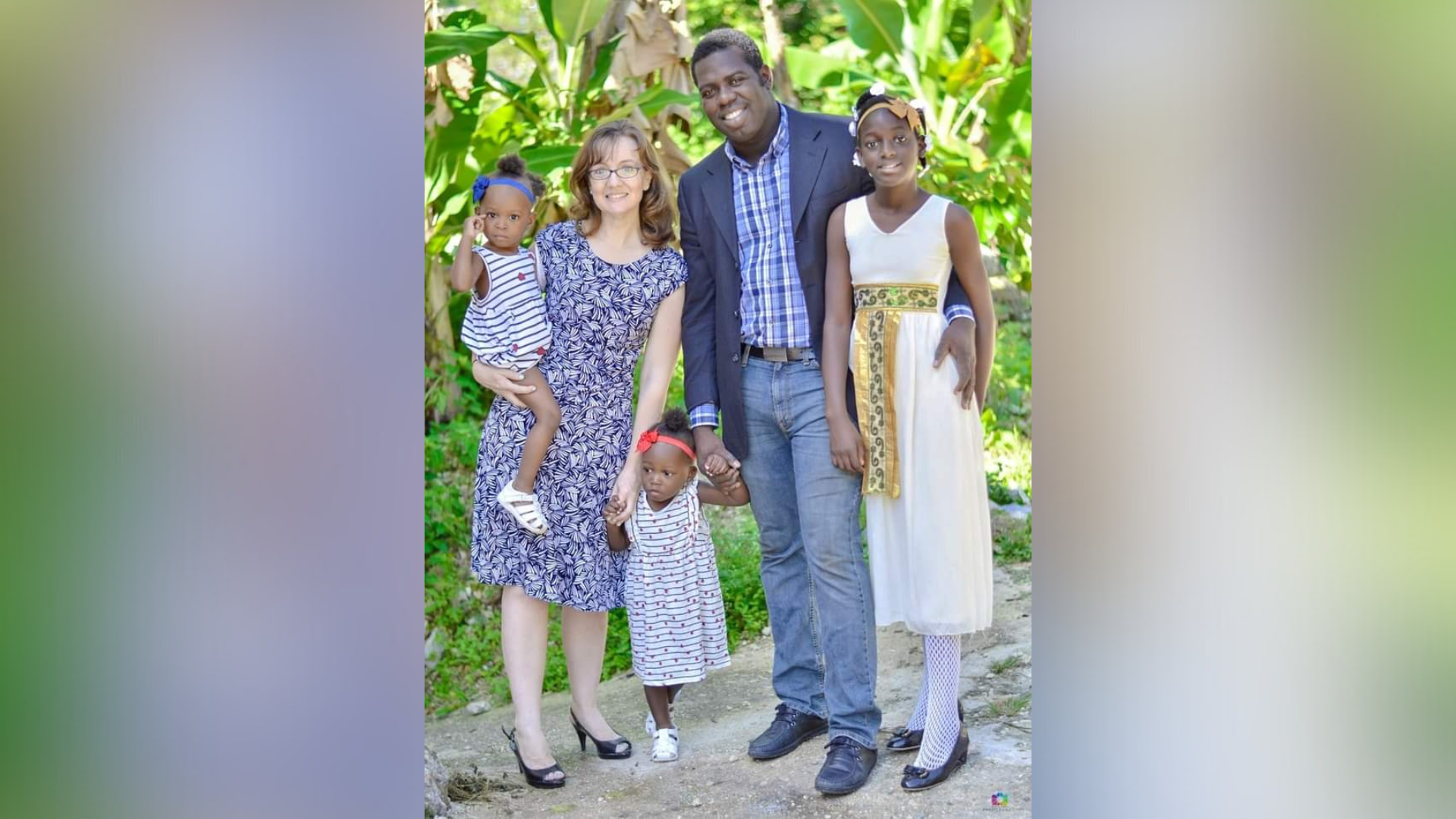How parents in prison keep parenting, and how Utah helps
Sep 27, 2023, 6:30 AM
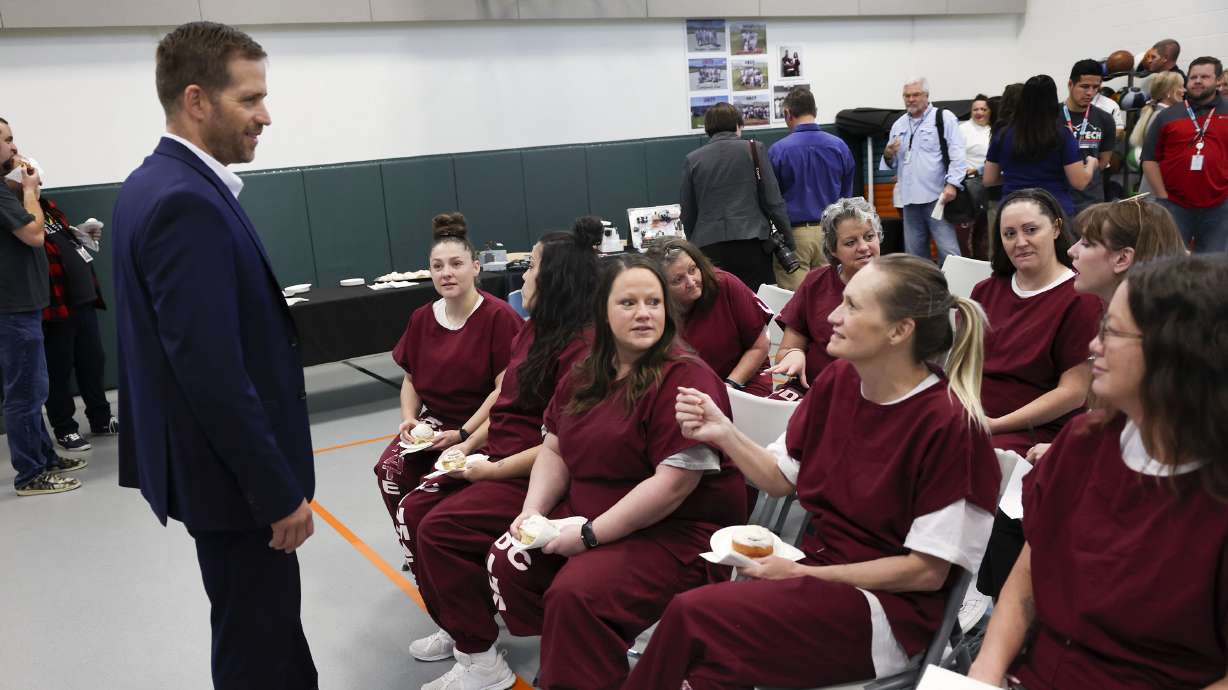
(Laura Seitz, Deseret News)
(Laura Seitz, Deseret News)
SALT LAKE CITY — Nearly three-quarters of the women in Utah’s prisons are parents to children under the age of 18. And while the number is smaller for fathers in prison, the number of parents in prison still affects one out of every 14 children.
Being a mom is one of the most challenging roles any woman ever takes on. We worry about our kids when they’re at school. We stress about how other kids are treating them. We’re concerned that they’re eating right and growing properly.
Imagine the magnitude of that worry if you’re a mom in prison and can’t be with your kids when they wake up or put them to bed at night.
“There are 400 total women in our state prison on any given day and around 70% of them are parents of minor children,” explained Trisha Reynolds, intergenerational coordinator for Utah Department of Corrections and a Licensed Clinical Social Worker.
Utah’s incarcerated moms will tell you that the hardest part of prison is being away from their children.
“I asked a couple of the moms what they would want me to share with you when we spoke, and they all said the same thing,” Reynolds offered. “This is the most painful part of being incarcerated. The moms say, ‘We deserve to be here, but our children don’t deserve this separation from us’.”
One mom described not being with her children as feeling like “her heart is shattered inside of her chest.”
How do parents in prison stay involved in their children’s lives?
Like all moms, moms in prison have a wide range of how they interact with their children.
“Some of them have really positive relationships with their children and really frequent contact,” Reynolds explained. “Many of them are involved in day-to-day parenting decisions with their child’s caregiver through regular phone calls or visitation.”
All of the housing sections in the Utah State Correctional Facility have several phones in the area. Incarcerated individuals are able to use those phones for 30-minute phone calls.
“The only constraint is that they have to pay for those phone calls,” Reynolds said. “We try to keep the costs reasonable. It’s about 11 cents per minute. Some of the moms do spend $100-$200 a month if they’re calling home regularly.”
There are also two forms of visitation.
“We have video visitation which we began during Covid, and we will continue with that because we’ve found it’s a really helpful alternative for many families,” Reynolds explained. “Video visits can happen Monday through Thursday. In-person visitation options are Friday, Saturday and Sunday.”
Reynolds said that all of the mothers in the Utah State Correctional Facility want to be good mothers, and want to have regular contact with their children.
“The biggest barriers I’ve seen are when the children are with caregivers who have had conflict in the past with the mother,” said Reynolds. “Maybe they’re living with a grandparent or aunt and uncle or a dad and there has been a history of domestic violence or frustration over the mom’s substance use. Those things tend to create barriers to the mom having regular visits or phone calls with their children.”
What can we do for parents in prison?
We can all be more aware that so many children in the community are impacted by having parents in prison.
“The national average is one in 14 children have had an incarcerated parent,” Reynolds explained. “So being aware of these children in the community and in places where children are served and maybe asking those questions about whether [this has] touched their family. It’s not something that children and families tend to share openly because it’s a point of shame and sometimes embarrassment for kids.”
Reynolds also said that it’s important that we remember that these people are not in prison because they weren’t good moms.
Is it the same for fathers?
Fathers incarcerated in Utah have the same access to phone, video and in-person visitation as mothers do.
“We have far more men than women in prison,” Reynolds said. “The women are about 15% of the prison population. We don’t have exact numbers but a smaller percentage of the men are fathers than the 70% of women who are mothers. There are hundreds of fathers in our prison.”
The dads have access to a parenting class taught by Utah State University volunteers.
“It’s geared specifically toward dads,” Reynolds said. “We are working on getting a similar curriculum up and running for our women so they can have that same support.”
They also offer a maternal mental health therapy group for moms who are pregnant or have recently given birth. That group provides peer-to-peer support and the support of clinicians.
Related stories:


